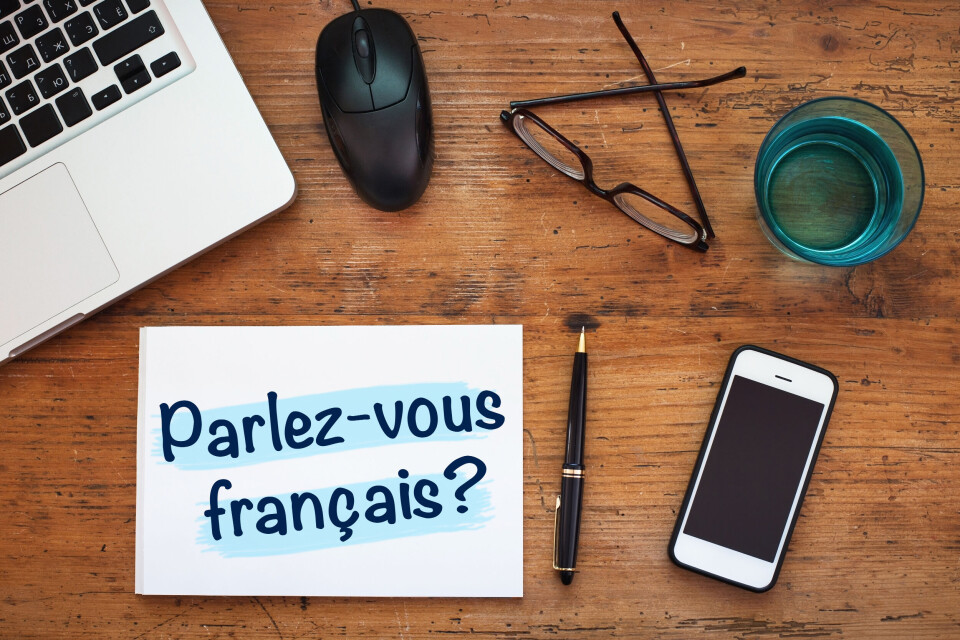Learning French: when to capitalise 'Français' and other nationalities
The rule is easier to understand than it may at first seem
French grammar rules can seem complicated at first glance
Song_about_summer//Shutterstock
A frequent question for French learners is when to use capital letters for words such as ‘français’.
The rules differ from our own in English, and it is something which can confuse non native French speakers.
However, when aware of the rule, it is actually less complex than it initially seems.
The capital letter is used to describe people living in a country or people who come from a specific country.
For example, when talking about a French person, we would use the capital letter: un Français. Note that in French you do not need to add a word for ‘person’ as you do in English.
If, on the other hand, you were talking about a language that corresponds to a nationality, you use a lower case letter.
For example, “Je suis en train d’apprendre le français, la langue parlée par les Français”. (I’m currently learning French, the language spoken by French people).
French also uses a lower case letter when talking about an inanimate object that comes from a place - for example, une montre suisse; un livre anglais; un restaurant chinois.
The same rule applies to people who come from towns; un Parisien is a person from Paris, whereas we would use a small letter to talk about un café parisien, for example.
Read also: Watch out for these three ‘exception’ French grammar rules






























